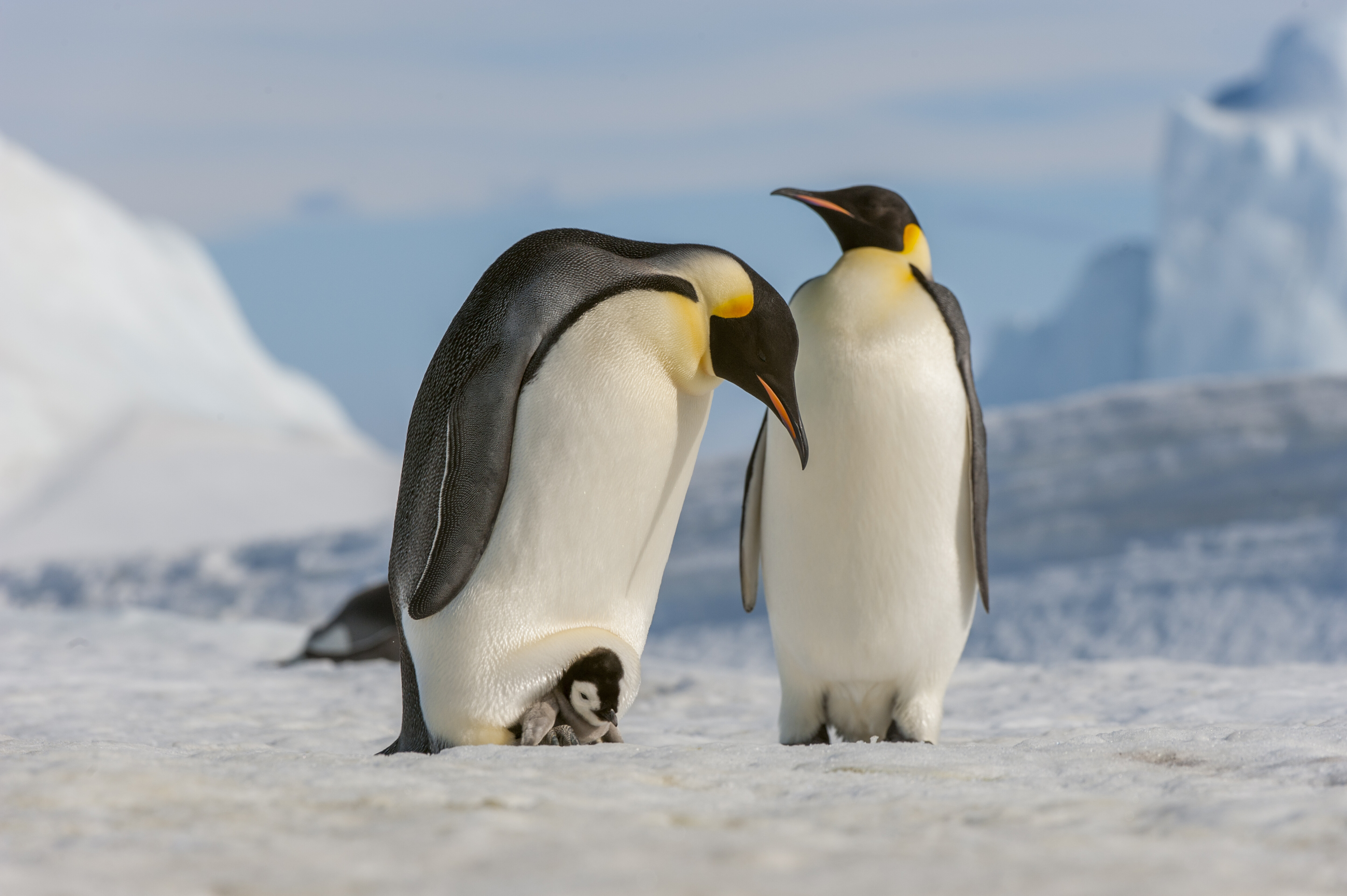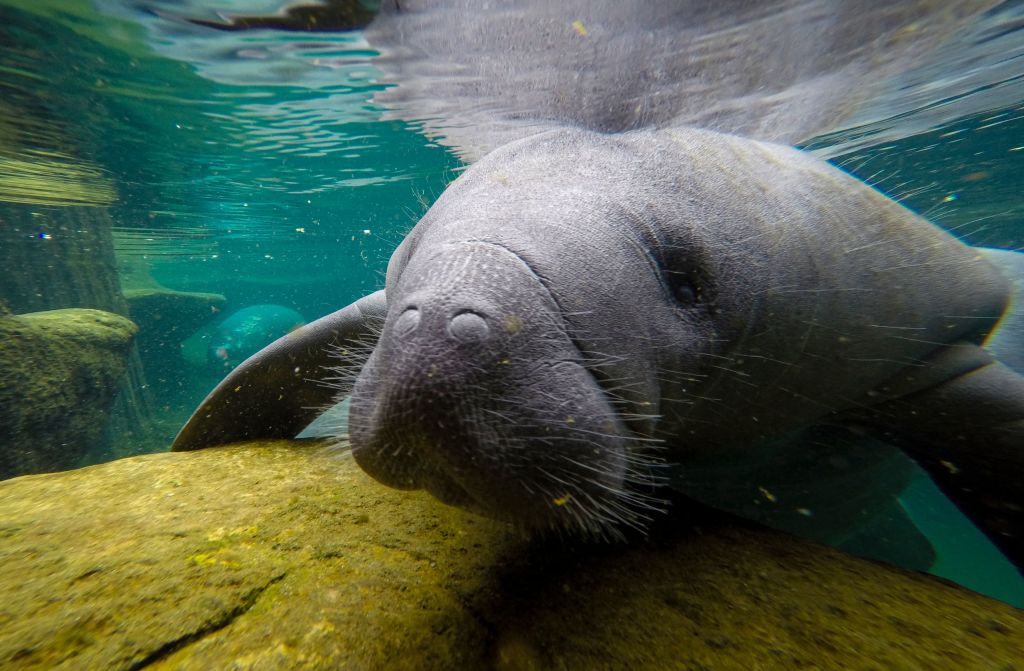
A rhinoceros is pregnant through embryo transfer in the first successful use of a method that conservationists said might later make it possible to save the nearly extinct northern white rhino subspecies.
In testing with another subspecies, the researchers created a southern white rhino embryo in a lab from an egg and sperm that had been previously collected from other rhinos and transferred it into a southern white rhino surrogate mother at the Ol-Pejeta Conservancy in Kenya on Sept. 24, 2023.
The surrogate is now 70 days pregnant with a well-developed 6.4-centimeter (2.5-inch) male embryo, the BioRescue consortium of scientists and conservationists said Wednesday.
“The successful embryo transfer and pregnancy are a proof of concept and allow (researchers) to now safely move to the transfer of northern white rhino embryos — a cornerstone in the mission to save the northern white rhino from extinction,” the group said in a statement.
We're making it easier for you to find stories that matter with our new newsletter — The 4Front. Sign up here and get news that is important for you to your inbox.
Pregnancies in rhinos last about 16-18 months, meaning the birth may occur early next year.
Roughly 20,000 southern white rhinos remain in Africa. That subspecies as well as another species, the black rhino, are bouncing back from significant reduction in their populations due to poaching for their horns.
However, the northern white rhinoceros subspecies has only two known members left in the world.
Najin, a 34-year-old, and her 23-year-old offspring, Fatu, are both incapable of natural reproduction, according to the Ol-Pejeta Conservancy where they live.
The last male white rhino, Sudan, was 45 when he was euthanized in 2018 due to age-related complications. He was Najin's sire.
Scientists stored his semen and that of four other dead rhinos, hoping to use them in in vitro fertilization with eggs harvested from female northern white rhinos to produce embryos that eventually will be carried by southern white rhino surrogate mothers.
Some conservation groups have argued that it is probably too late to save the northern white rhino with in vitro fertilization, as the species' natural habitat in Chad, Sudan, Uganda, Congo and Central African Republic has been ravaged by human conflict. Skeptics say the efforts should focus on other critically endangered species with a better chance at survival.
___
A previous version of this story misstated the ages of the two surviving northern white rhinos. Najin is 34 years old, and Fatu is 23.



